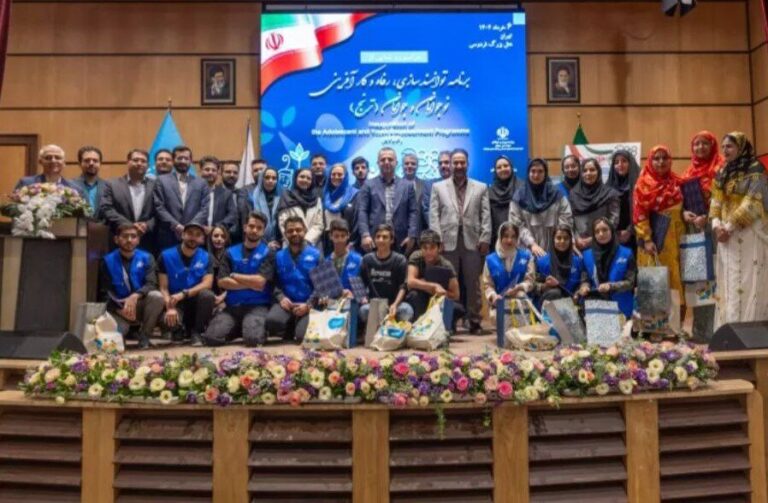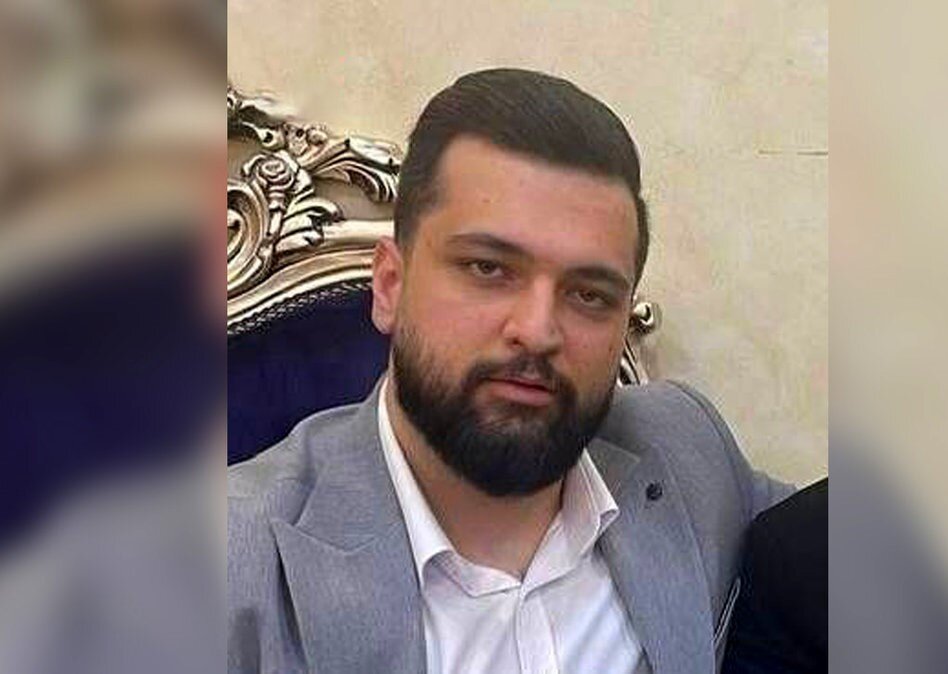
Similar Posts
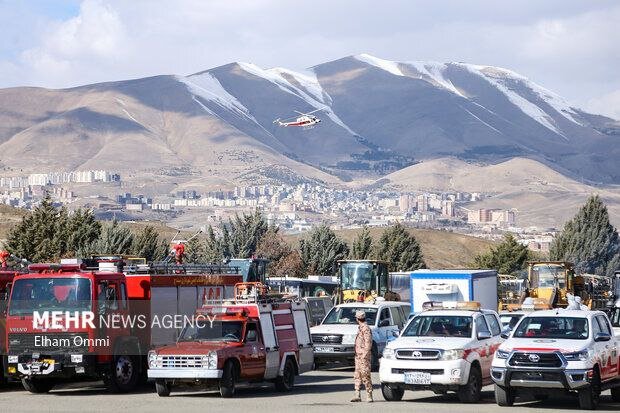
Global Urban Search and Rescue Training Course Kicks Off: Enhancing Skills for Emergency Response
Tehran is enhancing its disaster response capabilities through an international Urban Search and Rescue (USAR) course hosted by the Tehran Disaster Mitigation and Management Organization (TDMMO). Running from Monday to Thursday, the course features local representatives and instructors from Russia’s EMERCOM, focusing on urban rescue operations. Key topics include USAR methodology, assessment principles, and ethical considerations. TDMMO head Ali Nasiri expressed hope that this training will aid Iran’s goal of joining the International Search and Rescue Advisory Group (INSARAG). Follow-up exercises and assessments are planned to further bolster Iranian rescue teams’ capabilities before pursuing INSARAG classification by 2026.
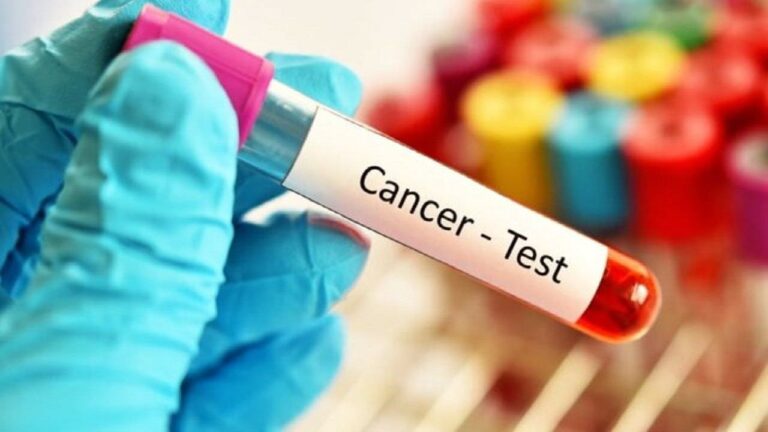
Health Ministry Launches Comprehensive Cancer Screening Initiative to Boost Early Detection
The Iranian health ministry is launching a comprehensive screening program focused on early detection of breast, cervical, and colon cancers, targeting individuals aged 30 to 70. The initiative will begin in Qom, Isfahan, and Mazandaran, integrating with the family physician program. The aim is to improve treatment outcomes and life expectancy, with plans for nationwide expansion after six to seven months. The program will utilize advanced technologies, including artificial intelligence, and provide a range of services from prevention to rehabilitation. Iran also recently inaugurated a domestic electroporation system for cancer treatment and developed a new radiopharmaceutical for improved cancer diagnosis.
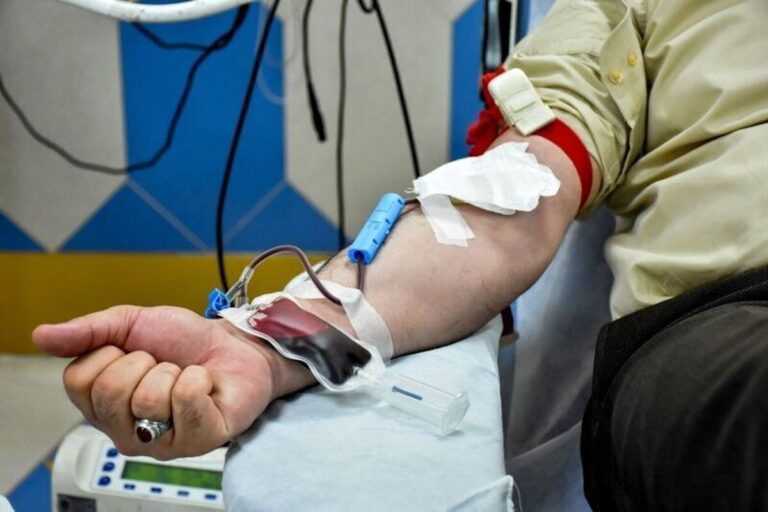
Iran Sees 2% Surge in Blood Donations Over 11 Months: A Heartfelt Response
Blood donation rates in Iran have risen by two percent since March 20, 2024, with 2,186,260 units donated this year, according to Bashir Haji-Beigi, spokesperson for the Blood Transfusion Organization. Notable increases occurred in Kohgiluyeh-Boyerahmad (over 23%), Sistan-Baluchestan (nearly 14%), and Alborz (around 9%). Tehran contributed about 17% of total donations, with 360,655 units in the past month. Despite this growth, women represent less than 5% of donors, highlighting a need for outreach. The World Health Organization praised Iran’s progress in blood management, emphasizing the importance of inclusive health initiatives.
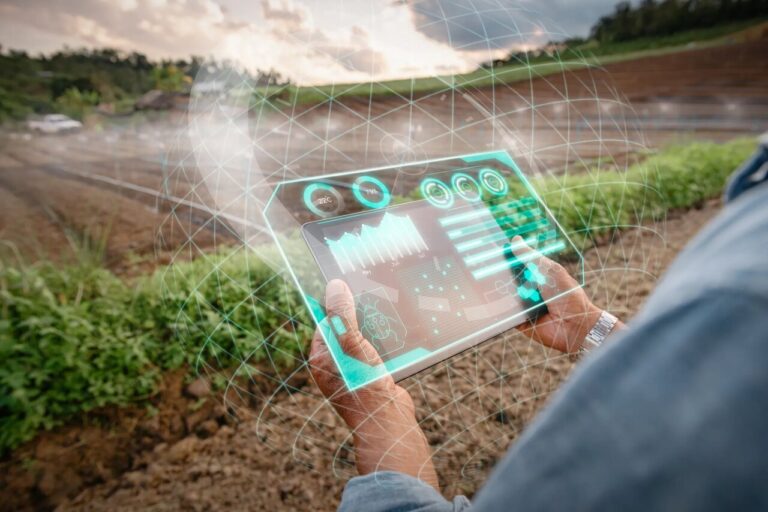
Unlocking Solutions: How Data Science Can Tackle the Global Food Crisis
In the fight for global food security amid climate change and resource scarcity, data science is emerging as a crucial ally. Farmers worldwide are utilizing advanced technologies like soil sensors, satellite imagery, and artificial intelligence to enhance agricultural practices and ensure sustainability. These innovations help optimize resource use and improve crop health monitoring. For instance, mobile apps are aiding farmers in drought-stricken areas with tailored advice. However, challenges like the digital divide persist, limiting access for smallholder farmers. Ultimately, while data science is not a panacea for hunger, it provides powerful tools for creating a more sustainable food future.
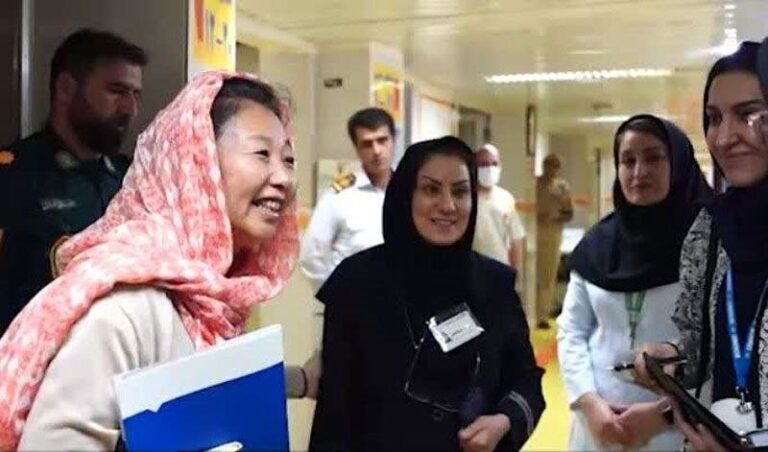
UNHCR Celebrates Exceptional Medical Care for Refugees in Isfahan
During her visit to Al-Zahra Hospital in Isfahan, Yumiko Takashima, UNHCR Representative in Iran, commended the hospital’s exceptional healthcare services for Afghan refugees, emphasizing their equitable treatment alongside Iranian patients. She acknowledged the resilience of Afghan patients and praised the medical staff’s professionalism. Despite ongoing economic challenges, the hospital caters to numerous patients daily. Takashima’s visit aimed to explore potential collaboration with the UNHCR for funding refugee treatment costs. Iran, hosting approximately 773,000 refugees, is the largest refugee-hosting country globally. The UNHCR has outlined strategic priorities to enhance support for refugees, ensuring their rights and needs are met.
